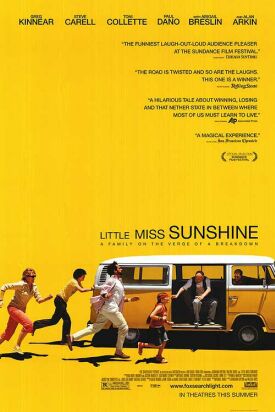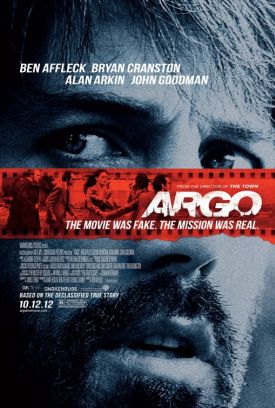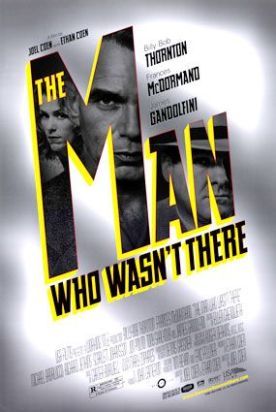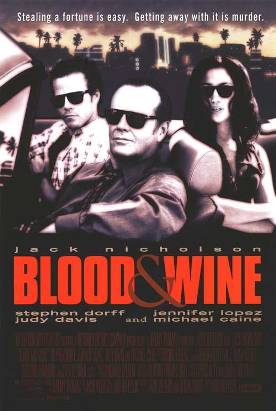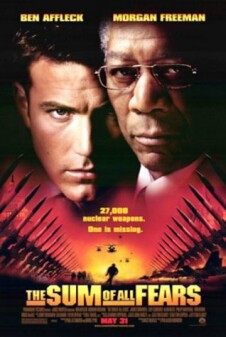Psycho
The first question to be asked about the shot-by-shot remake of
Psycho, directed from Alfred Hitchcock’s original shooting script by Gus
Van Sant, is why? What is the point? Couldn’t they just have got Ted Turner to
“colorize” the great man’s greatest masterpiece? Why bother to hire a whole new cast and crew
to go through the same motions with the analytical certainty of looking bad by
comparison? The answer is, I’m afraid — and I apologize for harping on the
same string — that some creative genius wanted to make a post-modern movie
out of it. This was done simply by remaking it, since the point of the original
was to lead its audience to the two big surprises which, by now, everyone likely
to see this movie will already know. Indeed, the first of the two surprises, the
stabbing to death in the shower of the main character, Marion Crane — here
played by Anne Heche, in the original by Janet Leigh — is actually presented
in the advertising for the movie.
This is a bit like Andy Warhol’s printed reduplications of the image of
Marilyn Monroe. Out of the imagery of scary or beautiful reality in primary art,
all the reality is squeezed, and what we are left with is a series of
after-images. Images that keep reminding you that they are merely images.
Throughout this movie, the things that made the original of 1960 so memorable
are deliberately sabotaged, and for the same purpose: to remind us that those
haunting images are merely images. The apparent wholesomeness of Anthony Perkins
as Norman Bates, for example, is not even attempted by Vince Vaughn, who is Van
Sant’s Norman. Here is a man who has played serial killers before, and whose
trademark is the menacing giggle. He gives it here again when we first meet him,
as if we need to be reminded (we don’t) that he is not Norman and
not Tony Perkins but the psycho-killer we were expecting from the
beginning.
It’s a hell of a price to pay for a merely literary-critical point. Or that
and what becomes a post-modern joke when Norman says of his mother that “She
really isn’t herself today.” This is a movie on every frame of which is
imprinted all but legibly Magrittean disclaimers. This is not a murder. This is
not a psycho. This is not a thriller. It is merely a movie and, as such, a
historical document. Van Sant fills the Bates motel and other locations with
1950s-era furnishings in order to remind us of this too. Psycho has now
become a movie about itself, rather than about sexual pathology, since
(presumably) the sexual pathology of Norman Bates is as much of his period as
the lamps. Norman, like Ike, is merely an Ike-on of his times.
It is only for that reason that we enjoy taking him out of his box and
winding him up occasionally. Like all postmodern heroes, he’s good for a laugh
still if not for a fright. Van Sant gets his own perverse thrills, however, from
repeating him and everybody else out of their contexts. Thus he has Marion’s
sister, Lyle (Julianne Moore), suddenly asking for her Walkman. Or he shows
Norman audibly masturbating as he watches Miss Heche disrobing through his
peephole. If you think that that was what was missing from the original, you
will like this remake. But not otherwise.
Discover more from James Bowman
Subscribe to get the latest posts to your email.


